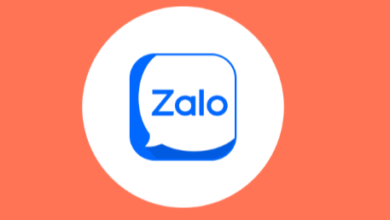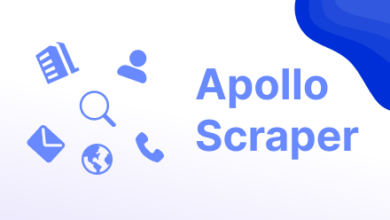Future of Hiring: The Rise of Smart Recruitment Platforms

Hiring today is noisy, slow, and wildly inefficient. Job ads attract floods of irrelevant CVs, interview no-shows are common, and recruiters struggle to make fast, confident decisions. For small to mid-size businesses in MENA and beyond, these issues aren’t just headaches—they’re barriers to growth.
But change is coming.
A new generation of smart recruitment platforms is transforming how businesses hire. These tools are faster, more data-driven, and built with automation at their core. And they’re helping growing companies find and hire the right talent without the traditional mess.
Here’s how.
1. From Reactive to Proactive Hiring
In the past, most hiring was reactive. A role opens, the team scrambles to post it, and waits for applications to roll in. By then, productivity is already down, and the best candidates are long gone.
Smart recruitment platforms flip this model. They help HR teams build pipelines in advance, engage passive candidates, and use AI to recommend matches the moment a job goes live.
Platforms like Elevatus combine AI with applicant tracking to suggest top-fit candidates instantly—cutting down the hiring cycle by weeks.
2. Automation That Actually Works
The old way of recruitment involved dozens of emails, manual interview scheduling, and endless shortlisting. Smart platforms eliminate this grunt work.
From posting jobs to ranking candidates, sending assessments, and even scheduling video interviews—automation takes over, letting recruiters focus on real human engagement.
And it’s not just about saving time. Automation also ensures consistency, reducing the risk of bias or oversight.
3. Assessments That Go Beyond the CV
Let’s face it: resumes tell you very little about how someone thinks, solves problems, or works under pressure. That’s why traditional hiring often results in mismatched hires.
Smart recruitment software now includes video interviews, situational tests, and AI-powered assessments that go deeper. These tools give insight into soft skills, decision-making, and cultural fit—all before the first interview.
With tools like Elevatus’ smart video interviewing and AI assessments, businesses can identify high-potential hires who are a fit not just on paper, but in practice.
4. Built for Speed—and Scale
Whether you’re hiring one role or one hundred, delays in recruitment cost money. Smart platforms are built to move fast. They centralize communication, track performance with dashboards, and make collaboration across teams seamless.
This matters even more in regions like the GCC, where demand for top talent is rising—and where employers can’t afford to be slow.
Companies across MENA are turning to AI-powered hiring platforms like Elevatus to scale recruitment across departments and locations—without losing quality.
See Also: Vibe Coding and Developer Wellbeing: A New Approach to Tech Culture
5. Data-Driven Hiring Decisions
Old-school hiring often relied on gut instinct. But smart platforms bring in analytics—measuring time-to-hire, candidate drop-off points, funnel conversion rates, and more.
This data empowers HR leaders to make better decisions, improve job descriptions, and continuously refine their processes.
It also enables smarter forecasting—something fast-growing businesses desperately need.
Final Thoughts: The Smart Hiring Shift Is Here
The recruitment space is undergoing a quiet revolution—and smart platforms are leading the charge. They’re faster, smarter, and built for the realities of modern business.
For teams struggling with slow, manual, or ineffective hiring processes, now’s the time to upgrade. Because the companies that win the talent game will be the ones that move fast, stay consistent, and invest in tools that actually help them grow.
Looking to future-proof your recruitment process? Platforms like Elevatus are redefining hiring across the GCC and beyond—making it faster, fairer, and far more efficient.




